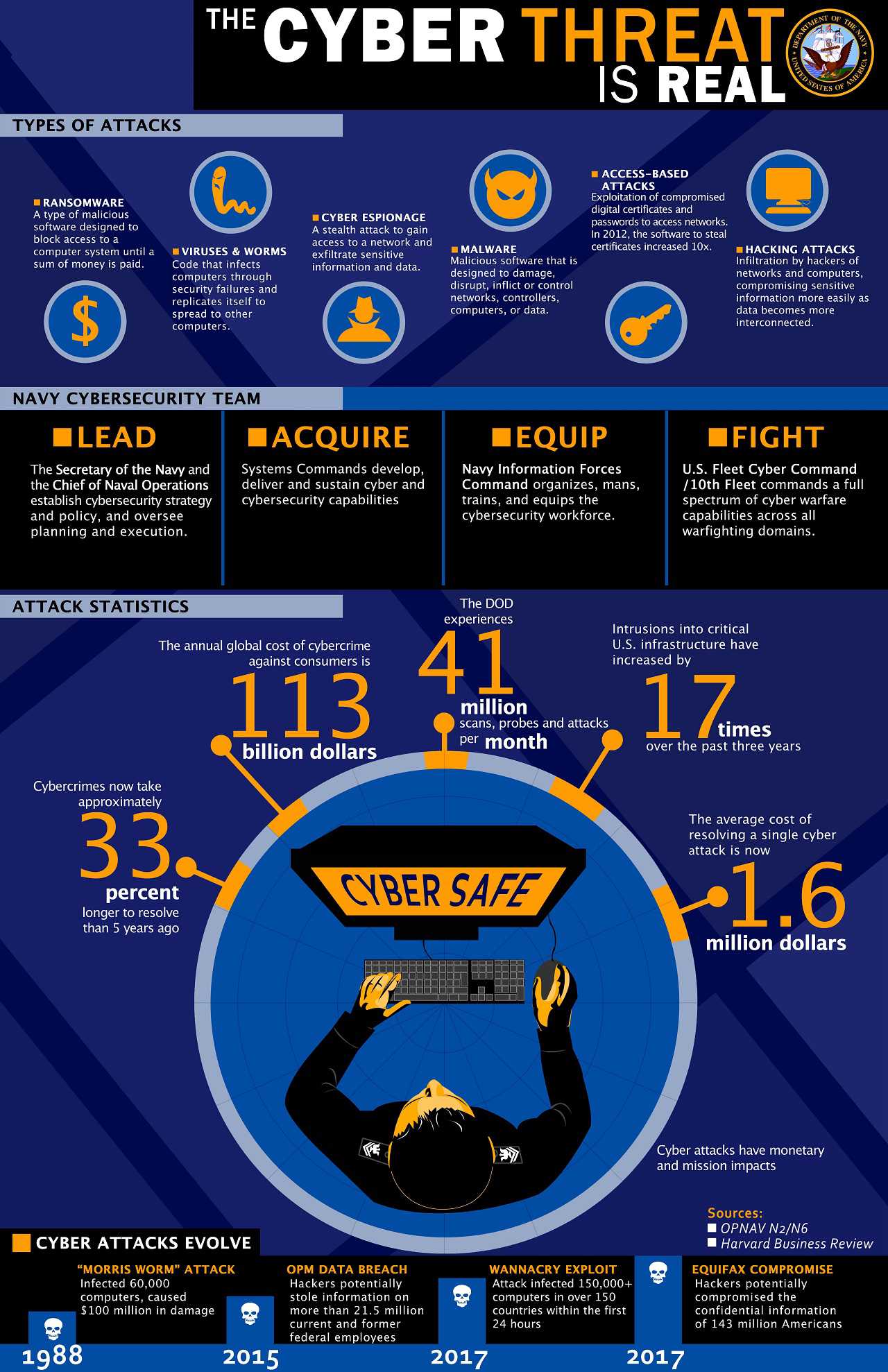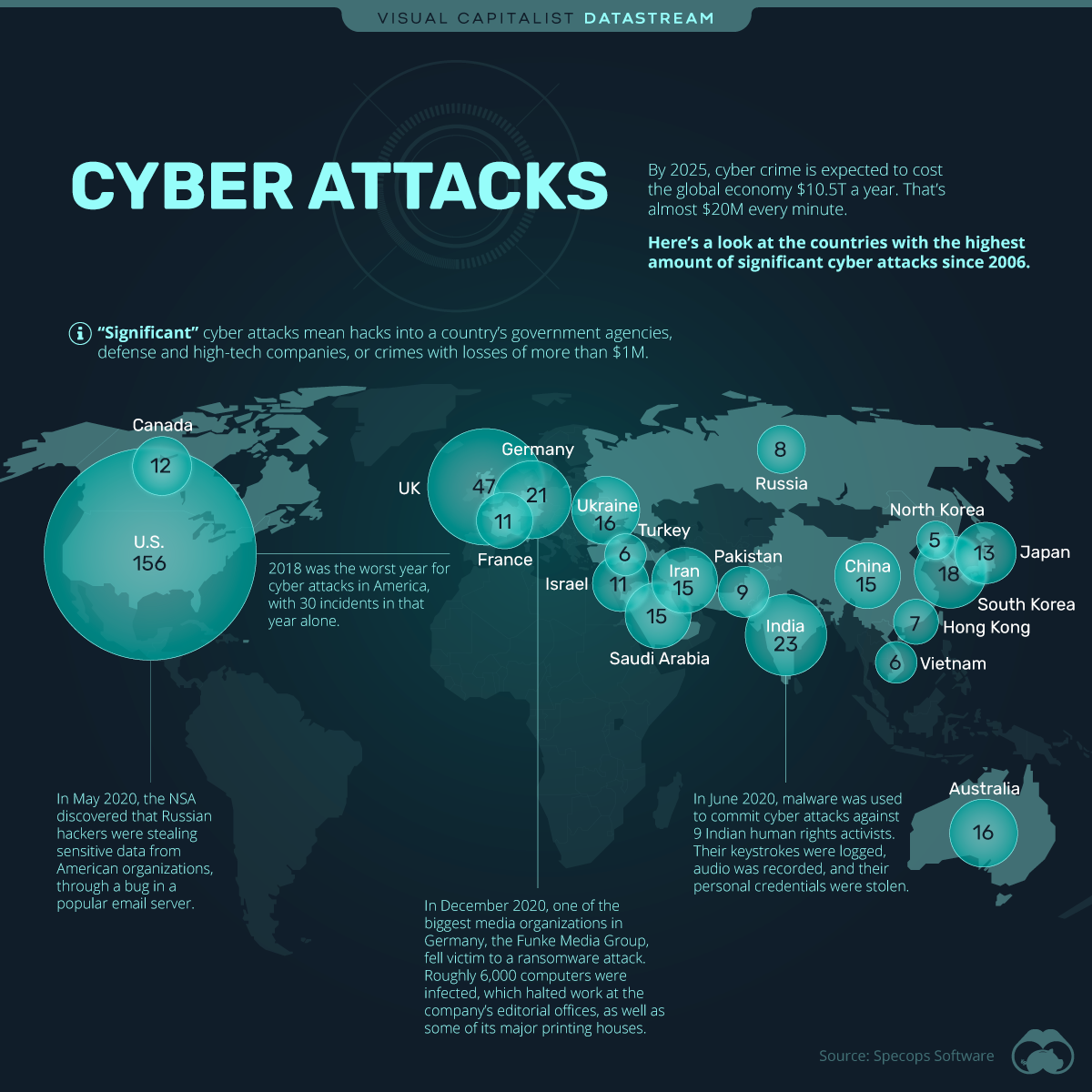 Source: bing.com
Source: bing.comCybersecurity has become a very critical issue in today’s digital world. With the increase in the use of technology, cyber threats have also increased. Cybersecurity is a term used to describe the protection of computer systems and networks from theft, damage, or unauthorized access. Cybersecurity threats are not limited to individuals or companies; they can also target governments and national security.
What are Cyber Threats?
 Source: bing.com
Source: bing.comCyber threats are malicious acts that aim to damage or disrupt computer systems or networks. The most common types of cyber threats include viruses, malware, phishing, and ransomware. Cyber threats can be carried out by individuals or organized groups with the intention of stealing sensitive information or causing chaos.
The Future of Cybersecurity
 Source: bing.com
Source: bing.comThe future of cybersecurity is heavily reliant on technology. As technology advances, so do the methods of cyber threats. Therefore, cybersecurity needs to be continuously updated to keep up with the latest threats. The rise of the Internet of Things (IoT) has also increased the risk of cyber threats, as more devices are connected to the internet.
Artificial Intelligence (AI) is another technology that could have a significant impact on the future of cybersecurity. AI can analyze vast amounts of data and identify patterns that humans might miss. This can be particularly useful in identifying potential cyber threats and preventing them before they occur.
Cybersecurity Challenges
 Source: bing.com
Source: bing.comOne of the biggest challenges in cybersecurity is the shortage of skilled professionals. As the demand for cybersecurity experts increases, the supply of qualified candidates is not keeping up. This has led to a skills gap that leaves many organizations vulnerable to cyber threats.
Another challenge is the complexity of modern computer systems. As more devices and networks are connected, the attack surface for cyber threats also increases. This makes it more difficult to identify and prevent cyber threats.
The Role of Governments
 Source: bing.com
Source: bing.comGovernments have a critical role to play in cybersecurity. They need to create laws and regulations that protect individuals and organizations from cyber threats. Governments also need to provide funding for research and development of new cybersecurity technologies.
International cooperation is also crucial in cybersecurity. Cyber threats are not limited to national borders, and therefore, international cooperation is essential in preventing and responding to cyber threats.
The Importance of Cybersecurity
 Source: bing.com
Source: bing.comCybersecurity is essential in today’s digital world. Cyber threats can cause significant damage to individuals, organizations, and even nations. Cyber threats can lead to financial losses, reputation damage, and even loss of life. Therefore, it is crucial to take cybersecurity seriously and invest in the necessary resources to prevent and respond to cyber threats.
Conclusion
In conclusion, the future of cybersecurity is heavily reliant on technology. As technology advances, so do the methods of cyber threats. Cybersecurity needs to be continuously updated to keep up with the latest threats. Governments have a critical role to play in cybersecurity, and international cooperation is essential in preventing and responding to cyber threats. Cybersecurity is essential in today’s digital world, and it is crucial to take it seriously and invest in the necessary resources to prevent and respond to cyber threats.